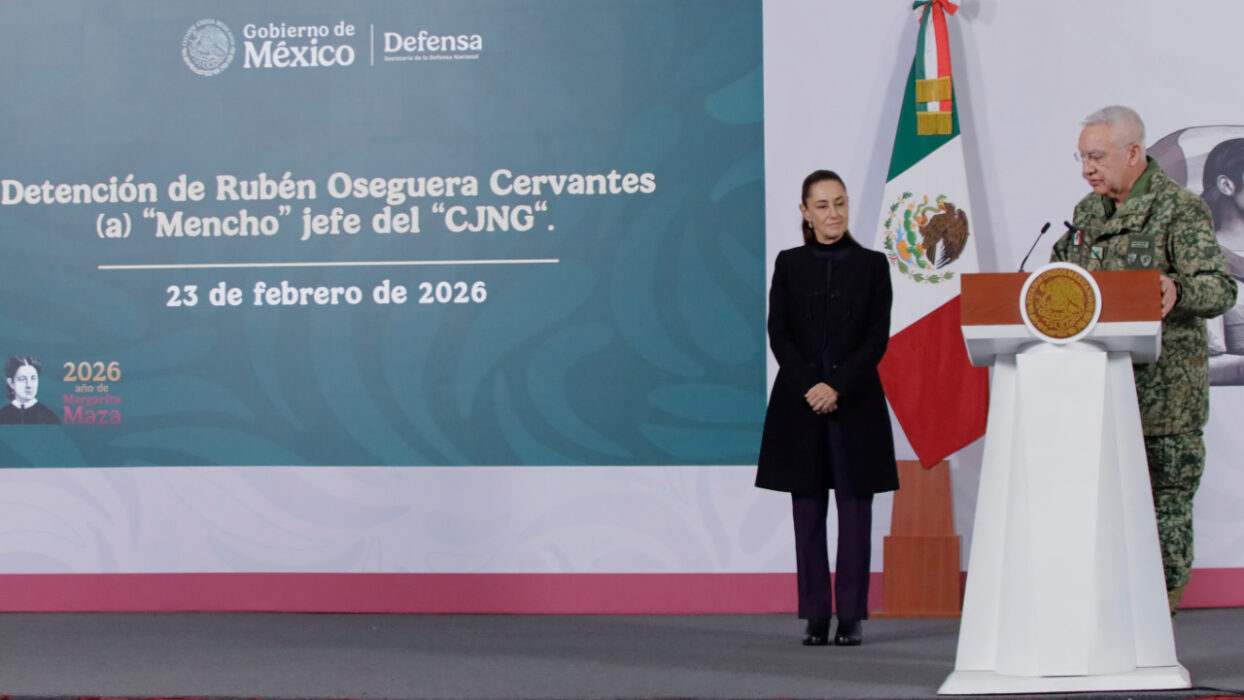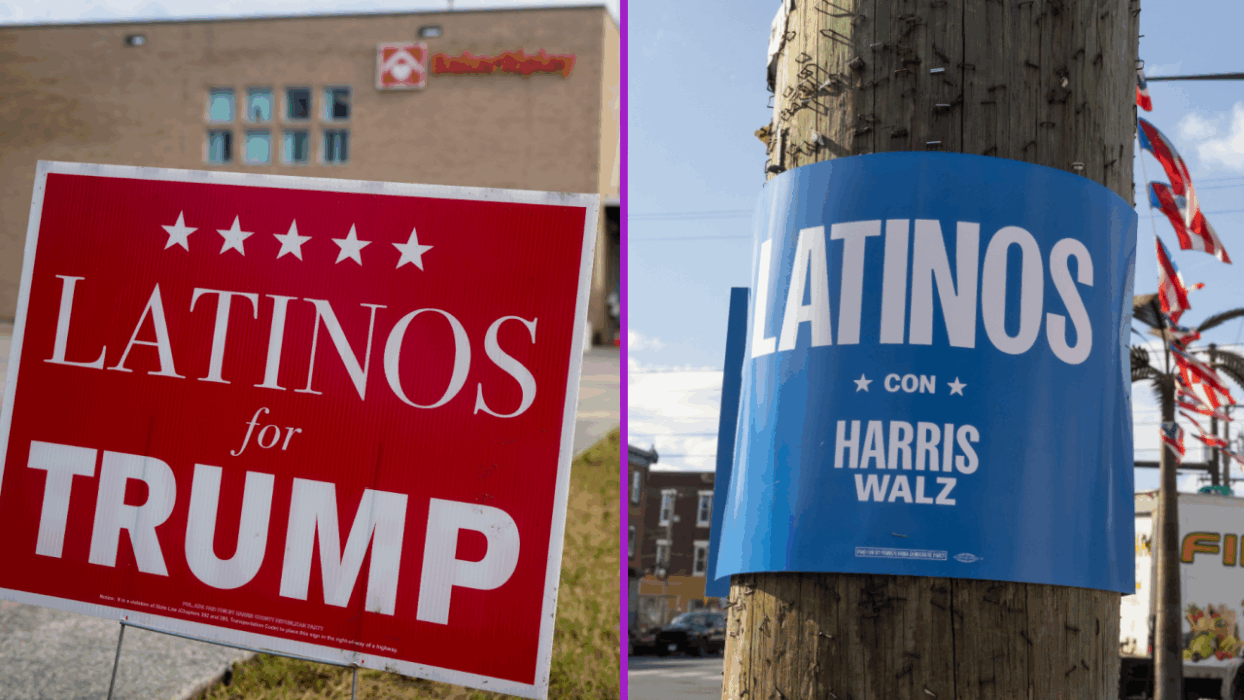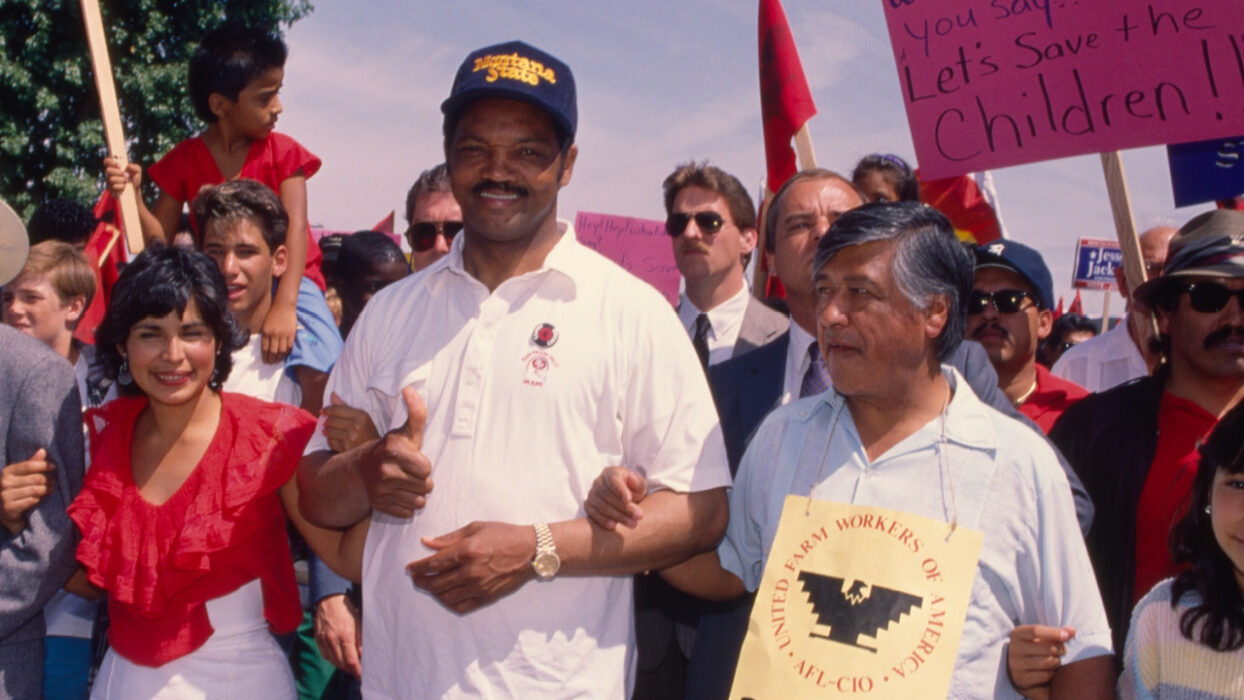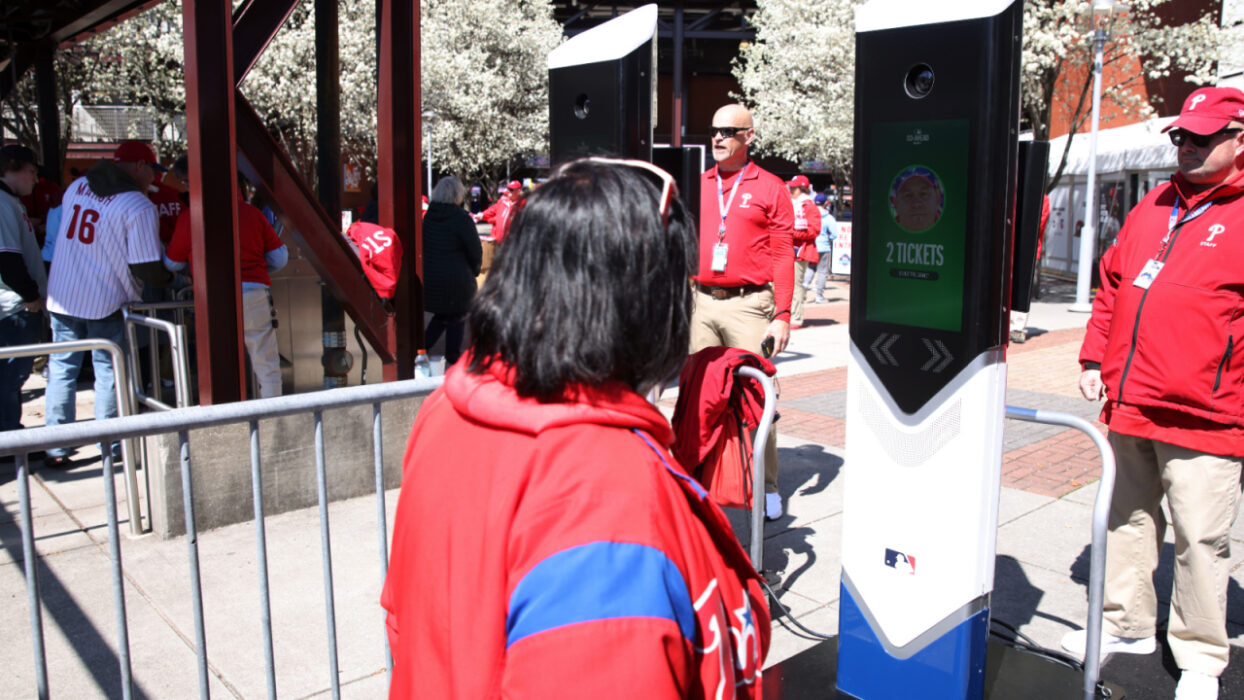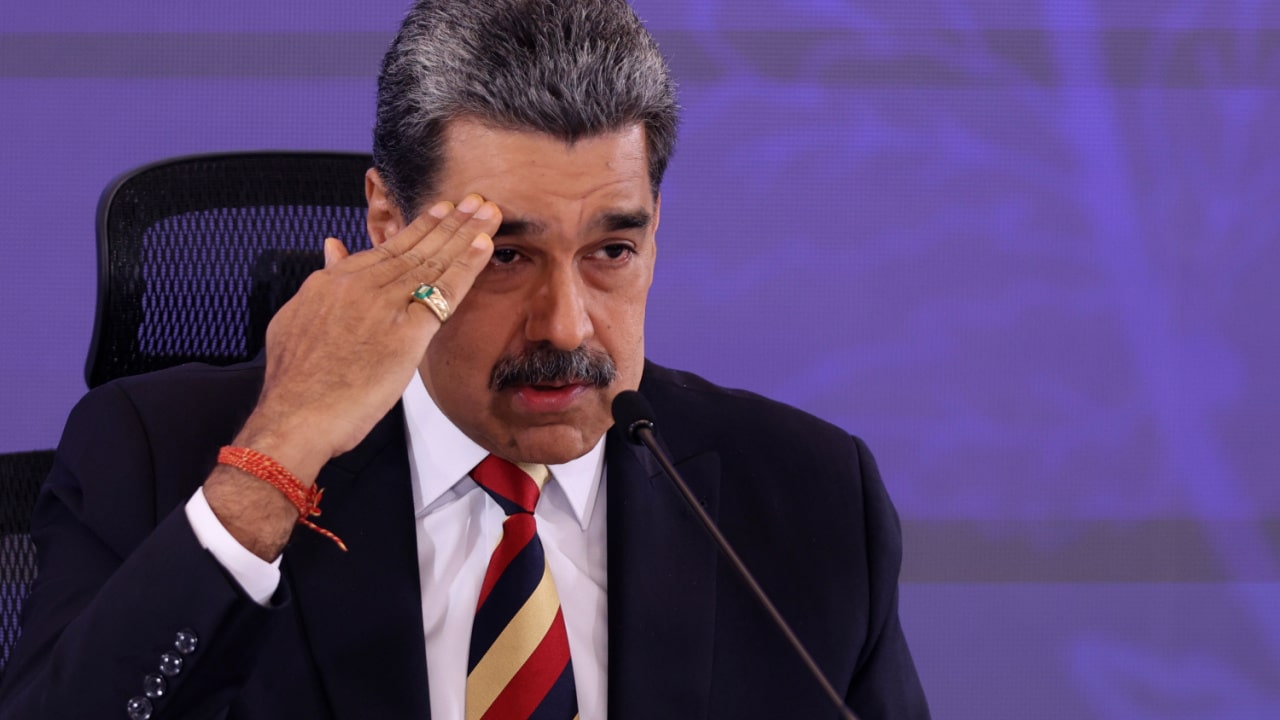
Nicolás Maduro Offered Venezuela’s Oil and Gold to the U.S. To Avoid Possible Intervention
Venezuela’s crisis hit a new plot twist. Nicolás Maduro tried to hand Washington a dominant stake in the country’s oil and minerals to cool tensions. Then María Corina Machado won the Nobel Peace Prize. Trump wanted that prize for himself. The timing turns the temperature up. Here is how the pieces fit, and why Puerto Rico suddenly matters.
Nicolás Maduro offers the U.S. the country’s riches
Venezuelan officials “offered the Trump administration a dominant stake in Venezuela’s oil and other mineral wealth” after months of talks, according to The New York Times. The plan came as Trump officials called Maduro’s government a “narco-terror cartel,” moved warships into the Caribbean, and began “blowing up boats that American officials say were carrying drugs from Venezuela,” the Times reported.
Under the proposal discussed between a senior U.S. official and Maduro’s aides, the strongman “offered to open up all existing and future oil and gold projects to American companies, give preferential contracts to American businesses, reverse the flow of Venezuelan oil exports from China to the United States, and slash his country’s energy and mining contracts with Chinese, Iranian and Russian firms,” the Times reported.
The Trump administration rebuffed the concessions and cut off diplomacy with Caracas last week, which “effectively killed the deal, at least for now,” the Times reported.
This breaks with Chávez’s resource nationalism
Behind the scenes, senior officials acted “with Mr. Maduro’s blessing” and offered concessions that would “eliminate the vestiges of resource nationalism at the core of Mr. Chávez’s movement,” according to The New York Times. Publicly, Caracas vowed to defend the socialist revolution that began under Hugo Chávez. Privately, the government tried to trade access to oil, gas, gold, iron, bauxite, and coltan for de-escalation, the Times reported.
María Corina Machado’s Nobel reframes the fight
The Nobel Committee honored María Corina Machado for “her struggle to achieve a just and peaceful transition from dictatorship to democracy.” It called her work “one of the most extraordinary examples of civilian courage in Latin America in recent times,” as FIERCE reported. In her reaction video, she said: “Oh my God, I have no words. I am just one person. I certainly do not deserve this. This is the achievement of a whole society.”
Analysts see political impact in Washington. For some, the award “bolsters US President Trump’s tough stance against Nicolas Maduro’s regime” and gives “ideological and diplomatic ground” for a harder line, while noting Trump “had been actively seeking the prize.”
Nicolás Maduro faces a harder line in Washington
Inside the administration, Secretary of State and National Security Adviser Marco Rubio “has been the leading voice in the administration’s push to oust Mr. Maduro.” He has called Maduro an illegitimate leader and “a ‘fugitive from American justice,'”. Special envoy Richard Grenell pursued diplomacy, but Rubio’s approach “has prevailed for now.”
Officials offered conflicting reads of the talks. One U.S. official told the Times that reports about sanctions relief and market access were “not an accurate assessment of what took place.” Other officials confirmed that there had been repeated discussions about “access to Venezuelan energy markets by American companies and a lifting of U.S. sanctions.”
Puerto Rico moves to the center of U.S. operations
The United States has shifted its military attention to the Caribbean, with Puerto Rico serving as the logistics backbone, according to a new CSIS study. The think tank says “more than 10 percent of all deployed U.S. naval assets are now operating under U.S. Southern Command in the Caribbean,” a concentration “not seen since the Cold War.”
Ports and airfields on the island now support refueling, resupply, and surveillance. The Port of Ponce is hosting U.S. warships between patrols. Navy P-8A Poseidon planes fly from National Guard facilities at San Juan’s Luis Muñoz Marín International Airport. The Pentagon also “reopened the long-shuttered Roosevelt Roads Naval Station in Ceiba.”
CSIS warns that these counter-narcotics missions could evolve into a wider campaign aimed at Venezuela and notes legal and political questions about scope and intent.
Nicolás Maduro’s outreach to U.S. oil sends mixed signals
PDVSA gave Chevron “full control of their joint oil projects” and discussed another field stake, The New York Times reported. Chevron said its business in Venezuela complies with all applicable laws. Caracas also reopened talks with ConocoPhillips about oil trading.
Momentum followed. Chevron “got its U.S. Treasury license to operate in Venezuela reinstated in July,” after a lobbying push. The Treasury then issued a license that “in effect allows Shell… to restart work in Venezuela.” The gas from the Dragon field would be processed and sold from Trinidad. For his part, Rubio said the United States would ensure the project would “not provide significant benefit to the Maduro regime.” The Times also reported that Maduro agreed that Shell would invest in social projects in Venezuela instead of paying his government.
Nicolás Maduro tells the U.N. he expects an attack soon
Furthermore, Caracas requested an emergency session of the U.N. Security Council over U.S. military actions “in the waters off the South American country,” CBS News reported. In a letter to Russia’s U.N. ambassador, Venezuela accused the Trump administration of seeking to topple Nicolás Maduro and threatening “peace, security and stability regionally and internationally.”
The government stated that it expects an “armed attack” in a very short time, and diplomats reported that the council would meet on Friday at 3 p.m. The request came a day after Congress voted down a bill to limit Trump’s use of force against drug traffickers. The U.S. military has carried out “four deadly strikes in the Caribbean” since the buildup began. Caracas says Washington uses drug trafficking as a pretext for regime change to seize resources, according to the letter cited by CBS News.
The opposition’s counteroffer and the oil math
As Grenell and Maduro’s envoys talked, María Corina Machado pitched a separate plan in Washington. She told corporate representatives that “even greater economic wealth — $1.7 trillion in 15 years — awaited U.S. companies in Venezuela if her movement launched a political transition,” The New York Times reported. Her adviser, Sary Levy, added, “What Maduro offers investors is not stability, it’s control — control maintained through terror,” and stated that the administration “has shown a clear intention to not fall for these offers of easy solutions.”

